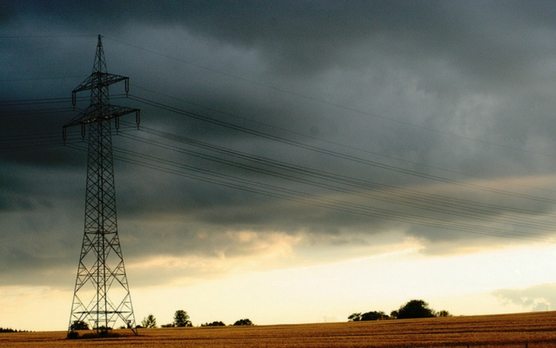11-Jan-2022: EDF to update Fixed + Standard prices…
EDF’s Fixed + Standard contract prices are made up of two main elements: the cost of electricity purchased on the wholesale market, and third-party costs. For those customers on EDF Fixed + Standard contracts:
- EDF purchases the wholesale energy when the contract is signed and fixes the cost at this point. So customers are protected from any price rises directly related to volatility in the wholesale energy market.
- The third-party elements of the tariff are related to the delivery of electricity and investment in future generation, and sit outside of the supplier’s control. In recent years these costs have been rising and becoming increasingly difficult to predict. A forecast of these costs are included in the contract at point of signing. The Fixed + Standard product enables EDF to vary these charges mid-contract if third-party costs are projected to outturn higher than the initial forecast.
EDF has worked hard to avoid any in-contract changes to their Fixed + Standard prices since 2019. The third-party costs are now projected to outturn higher than EDF’s initial forecast to a point where EDF need to better reflect these in the contract rates.
As such, EDF are temporarily increasing EDF current rates for supplies on our Fixed + Standard tariff. The increased rates will be effective from 1 March 2022 until 31 December 2022 (unless the contract starts after or ends earlier than these dates). After this period the previous rates will be reinstated.
What costs have changed, and where will customers see this on their bill?
The third-party costs EDF are changing in the Fixed + Standard tariff are related to Balancing Service Use of System charges (BSUoS) and Renewable Obligation (RO):
- The increase in BSUoS is due to expectations that National Grid will incur higher costs this winter and into next year to balance the network, in particular as a result of generators who use gas to produce electricity. These generators are often used by National Grid to balance the network when other forms of generation (e.g. renewables) are unavailable.
- The change to RO is because the cost level set by BEIS in the period April 2022 to March 2023 is higher than EDF and other industry participants had previously forecast. The uncertainty around predicting this charge was particularly affected by Covid-19 impacts on energy demand during 2020/21.
These costs are included within customer’s unit rates, which are found within the “supply charges” section of bills.
EDF are currently engaging with Ofgem regarding a Connection and Use of System Code modification (CMP381) that EDF proposed, which aims to allow the deferral of some BSUoS costs from this winter. A decision has not yet been made by Ofgem, however dependent on the outcome EDF may be able to reduce the rate uplift. Once a decision has been confirmed EDF will inform you if there are any resulting changes to the uplift in rates for your customers.
For more information about variations in EDF charges, please refer to their Terms and Conditions HERE
In-spite of the mid contract prices change, EDF’s Fixed + Standard product remains a sensible choice. This type of contract offers the end consumer a very competitive price, shields the customer from most price fluctuations including all commodity price fluctuation, without the need to pay a large premium for absolute budget certainty. Opting for a Fixed + Standard product is a fair and reasonable approach for most customers, in lay-man’s terms this product is a very reasonable way to trade off absolute budget certainty for more competitive prices.
Get in touch with your EDF account manager, or Direct Power if you wish to learn more about this and other products in the market.

